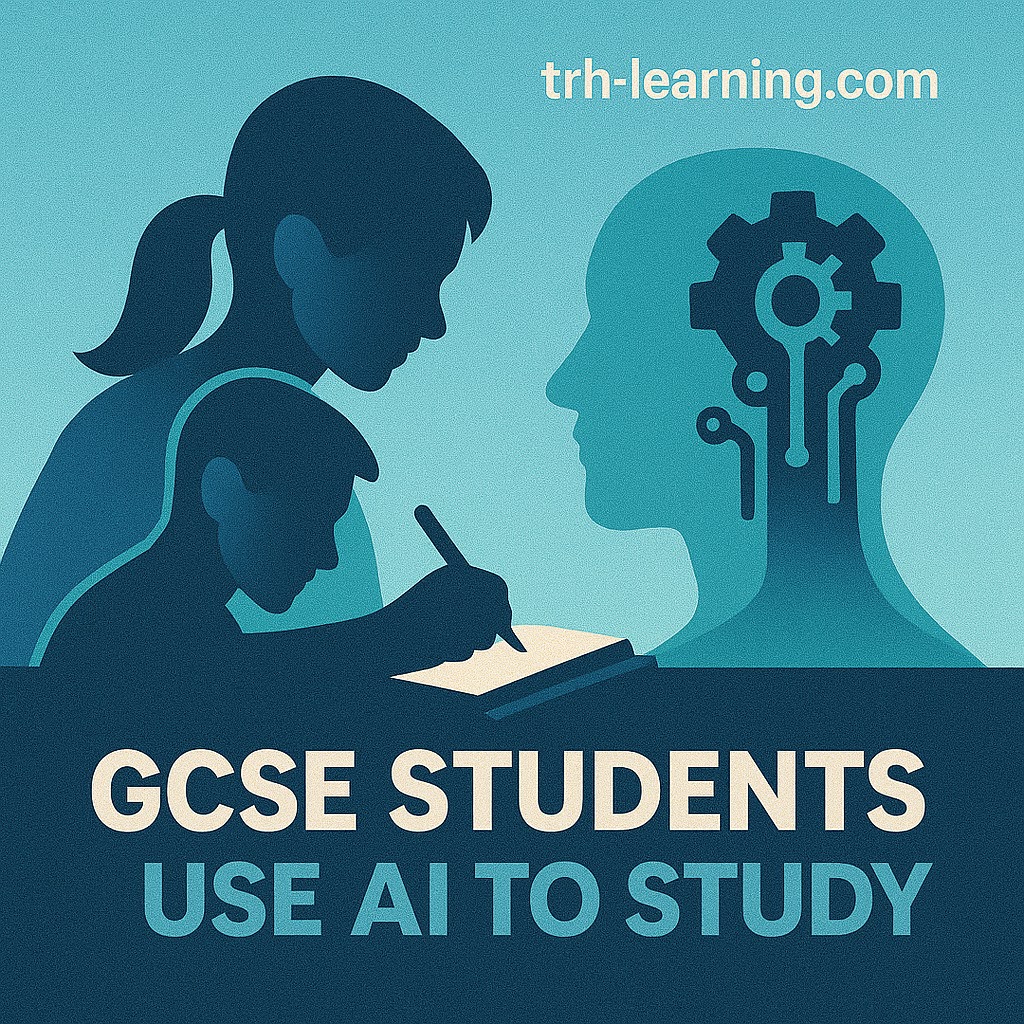"From Algorithms to Applications: How AI is Reshaping GCSE Grading...
How AI is Reshaping GCSE Grading Systems and Student Outcomes
Introduction to AI in Education
Artificial Intelligence (AI) is increasingly becoming a pivotal part of educational systems worldwide. In the context of GCSE grading, AI offers innovative solutions to enhance accuracy and fairness. This article explores how AI is transforming grading systems and impacting student outcomes.
Understanding AI Algorithms in Grading
AI algorithms are designed to analyze vast amounts of data quickly and efficiently. In the realm of education, these algorithms can assess student performance by evaluating various metrics beyond traditional testing methods.
Key Features of AI Algorithms
- Data Analysis: AI can process and analyze large datasets to identify patterns and trends in student performance.
- Machine Learning: Through machine learning, AI systems improve over time, becoming more accurate in predicting student outcomes.
- Natural Language Processing: This allows AI to evaluate written responses, providing a more comprehensive assessment of student abilities.
Applications of AI in GCSE Grading
AI applications in GCSE grading are diverse, offering several benefits to educators and students alike.
Automated Grading Systems
AI-powered automated grading systems can evaluate multiple-choice questions, essays, and even project-based assessments. This reduces the workload on teachers and ensures consistent grading standards.
Personalized Feedback
AI systems can provide personalized feedback to students, highlighting areas of strength and those needing improvement. This tailored approach helps students focus on specific skills and knowledge areas.
Impact on Student Outcomes
The integration of AI in grading systems has a significant impact on student outcomes, offering both challenges and opportunities.

Enhanced Fairness and Objectivity
AI reduces human bias in grading, ensuring a fairer assessment of student performance. This objectivity can lead to more equitable educational opportunities.
Improved Learning Experiences
With AI, students receive more detailed insights into their learning progress, enabling them to take proactive steps in their education journey.
Challenges and Considerations
While AI offers numerous benefits, there are challenges to consider, such as data privacy and the need for continuous system updates to maintain accuracy.
Data Privacy Concerns
Ensuring the privacy and security of student data is paramount. Educational institutions must implement robust measures to protect sensitive information.
Continuous Improvement
AI systems require regular updates and improvements to adapt to changing educational standards and student needs.
"AI in education is not just about automating processes; it's about enhancing the learning experience and providing equitable opportunities for all students."
Conclusion
AI is reshaping GCSE grading systems by offering more accurate, fair, and personalized assessments. As technology continues to evolve, it is crucial for educators and policymakers to embrace these changes while addressing the associated challenges.
AI in Education Transforming Grading SystemsBrowse Categories 📚
Ready to boost your learning? Explore our comprehensive resources above, or visit TRH Learning to start your personalized study journey today!